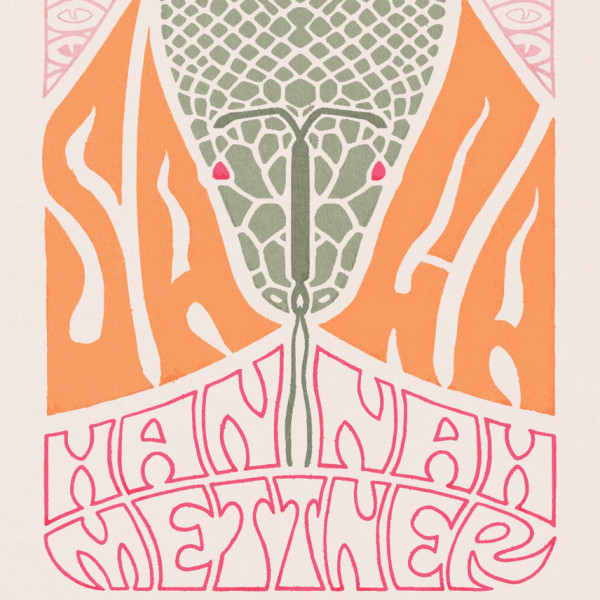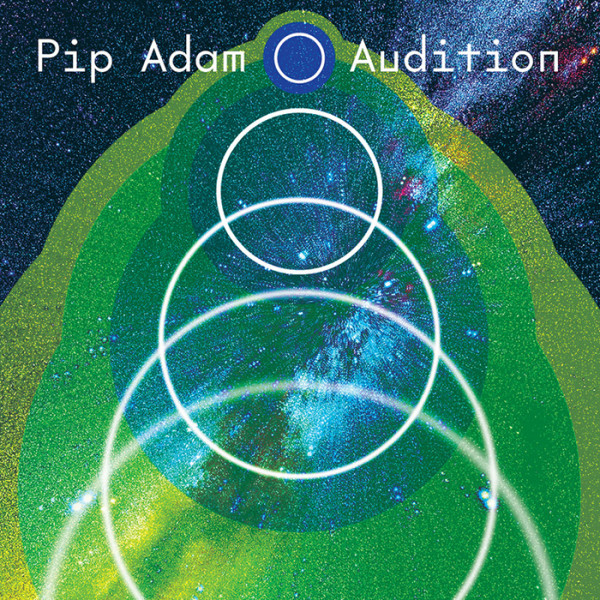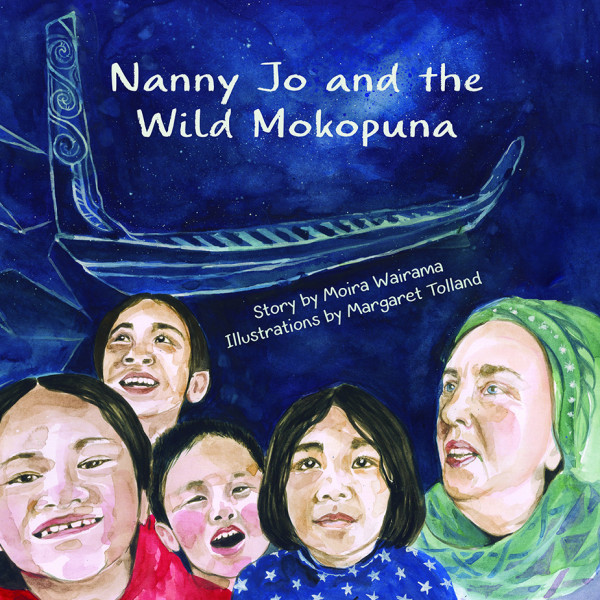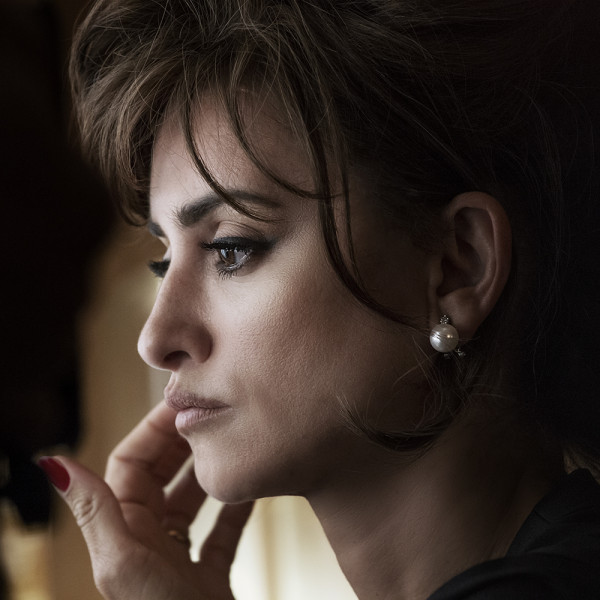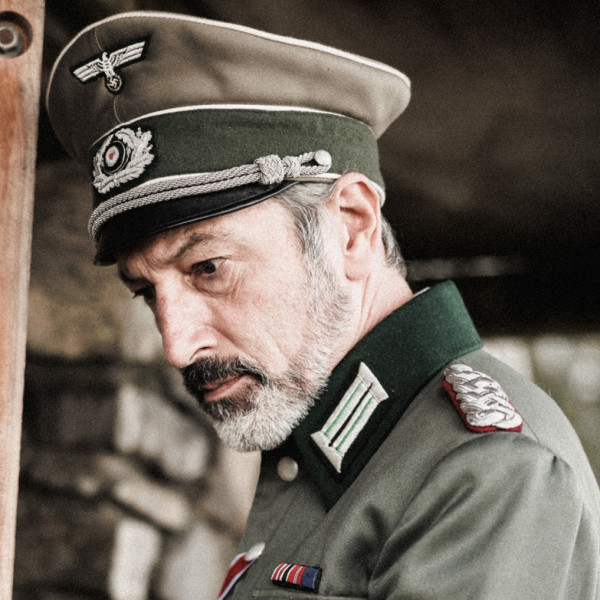
When you’re drowning in debt, struggling to keep the whānau ‘home kills’ business alive, starting a family, and don’t even have money to buy toilet paper, you resort to drastic measures. In Haydn Butler’s Home Kills, screening this Whānau Mārama International Film Festival, brothers Tom (Cameron Jones) and Mark (Josh McKenzie) find a solution by switching livestock for human lives.
I have to be honest and say that Home Kills didn’t feel like a comedy to me. I’m a huge fan of dark comedies, so it’s not that I just didn’t get it. I’ve seen almost every Coen Brothers movie, I watched In Bruges with utter glee, The Banshees of Inisherin was delightfully unhinged. I went into Home Kills thinking it belonged in the genre, and while the central premise is great and there were a few funny lines, I just didn’t catch myself laughing all that much.
Perhaps it’s because I didn’t feel much sympathy for the protagonists? Though that’s common in the genre. I felt for Tom in the beginning since he was dragged into the mess by Mark, but by the end I think I wanted them both to pay their dues. That said, I’m not mad that I disliked them. McKenzie’s Mark is possibly one of the most unsympathetic characters I’ve ever encountered… and I kind of loved it. He truly has no redeeming qualities. He’s selfish, irritating, infuriatingly impulsive, and McKenzie does a bang-up job.
I was also struck by Alex Jenkins’ cinematography. The film is beautiful both in composition and setting, the light captured as brilliantly as the grungy, dank shadows. Furthermore, there were some innovative shots and angles. In a scene where the brothers flee a bar, the camera angle looks as though Mark is holding a GoPro up towards his face, the action in the background. It’s exquisitely stressful and adeptly builds tension.
Home Kills is a fresh romp through rural New Zealand from a different perspective. It was a bit grim at times and would have benefitted from more tongue in cheek, but it’s another quality Kiwi caper to add to our already impressive books.







